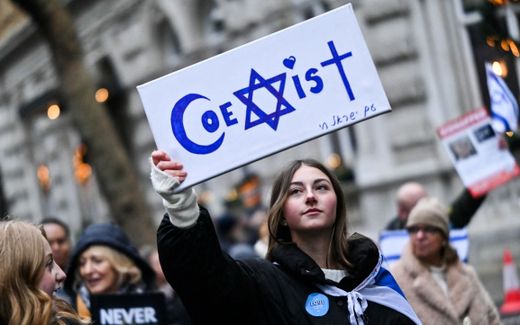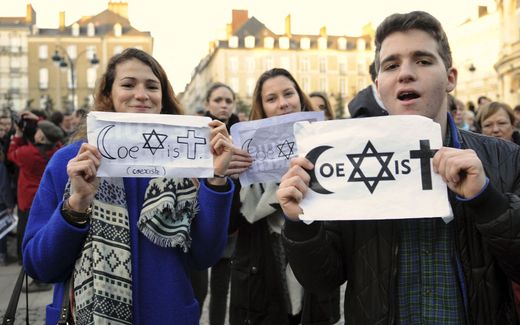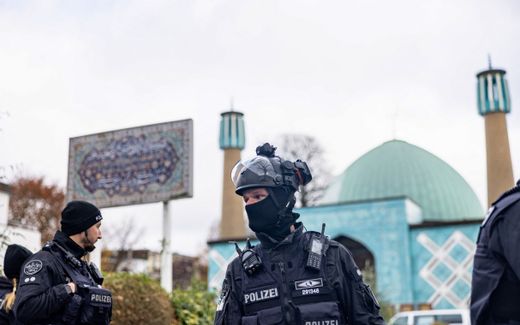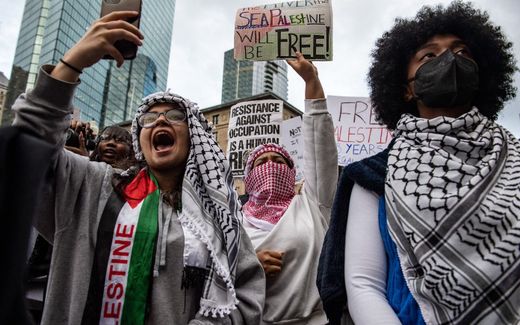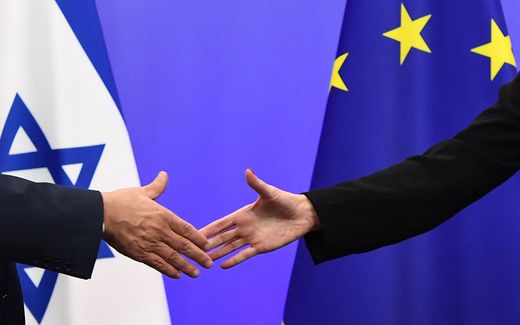Why students take to the streets to protest against the war in Israel
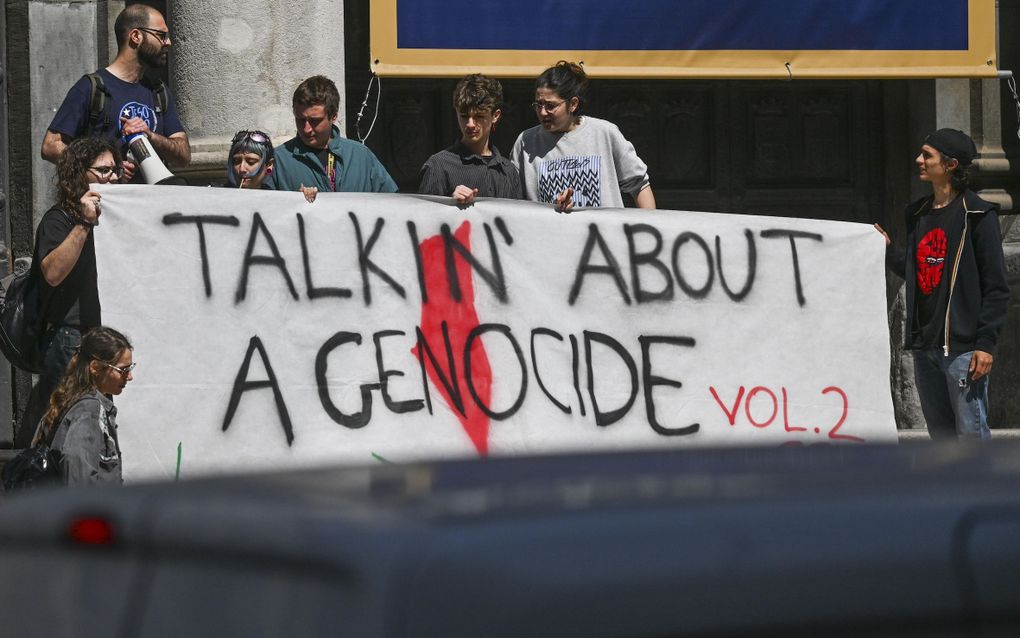
Protest in Naples, Italy. Photo EPA, Ciro Fusco
European Union
Students protest against Israel all over Europe. What is behind this wave?
Student protests erupted in the United States first. Earlier in May, violent riots broke out at Columbia University. More than 100 students were arrested.
This event inspired hundreds of students, all over the world, to demonstrate against Israel. All over Europe, university students walked out of their classrooms, occupied university buildings and shouted slogans for an “end to the occupation in Gaza”.
In which countries do students protest?
The student protests have not been limited to a few European countries. Instead, several nations seem to have been infected with the demonstration virus that blew over from the United States. Countries where students took to the streets include the Netherlands, Ireland, Germany, Belgium, France, Austria, Finland, Denmark, Italy, Spain and Switzerland.
Several of the demonstrations turned violent and the police made arrests in several countries. For example, in Germany, the police dragged away several students who did not follow the orders to leave the campus. In the Netherlands, students tried to camp at the campus. The riot police had to break up the protests, but could not prevent damages of over a million euros.
The riots and demonstrations are not over yet. Instead, students are called to protest in the near future as well.
Who are these protestors?
Behind the protests are some activist groups that consist of students and sometimes also of academic professors. One example is the Dutch scholars for Palestine. Via social media, students are encouraged to join the demonstrations. Many of them study at the university where the protests are occurring, but students from other towns and cities join as well. Also other activists, for example from the ecological club Extinction Rebellion, join the protests.
The protestors seem to lean more towards the left of the political spectrum. Those who took to the streets during the Black Lives Matter Protests are now also on the barricades for the Palestinians, Time.com writes.
To what extent are the protests anti-Jewish?
The protestors vehemently deny being anti-Semitic. Yet, many Jewish students say they do not feel safe at the universities any longer. Some of them wrote an open letter in the Dutch newspaper Het Parool.
They point out that it is painful for them that some of the demonstrators openly support the terror movement Hamas that carried out a terrible terroristic attack in Israel on October 7. “A slogan like: “Globalise the intifada” is for Jews and Israelis a call to violence that refers to the first and second intifada when thousands of innocent Israeli civilians were killed by terror attacks”, they state, for example.
In addition, they do not feel the freedom to wear a kippah or a Star of David as this will lead to violent reactions, the students state.
What do the protesters want concretely?
The protesting students want Israel to implement an immediate ceasefire in the Gaza Strip. When it comes to the universities themselves, the students and some professors demand that these academic institutions immediately cut any ties they have with Israeli institutes. The protestors believe that the universities that have any investments in Israel contribute to the violence.
In addition, the protestors call for a ceasefire and want universities to acknowledge the violence as genocide and to “condemn the destruction of all of Gaza's universities”, The Guardian reports.

Why are universities affected by the protests?
Universities tend to be liberal places where people learn to think critically and voice their opinions freely. American research shows that university students tend to be more progressive than the average person. This could explain why universities are vulnerable to protests.
How do universities respond to the irregularities?
Until now, most universities have not given in to the demands of the protestors. In the Netherlands, only one college succumbed to the pressure and cut ties with an Israeli partner, as reported by the Dutch broadcaster NOS. Other universities have called the police for help. In some cases, the riot police had to show up to end the demonstrations. Again, others try to negotiate with the students about the conditions for the protests.
In Germany, the Christian Democrats are calling for the expulsion of pro-Palestinian students who protest at the university there, FAZ writes.
Overall, universities are not keen to give in to the demands of the pro-Palestinian demonstrators.
Related Articles



